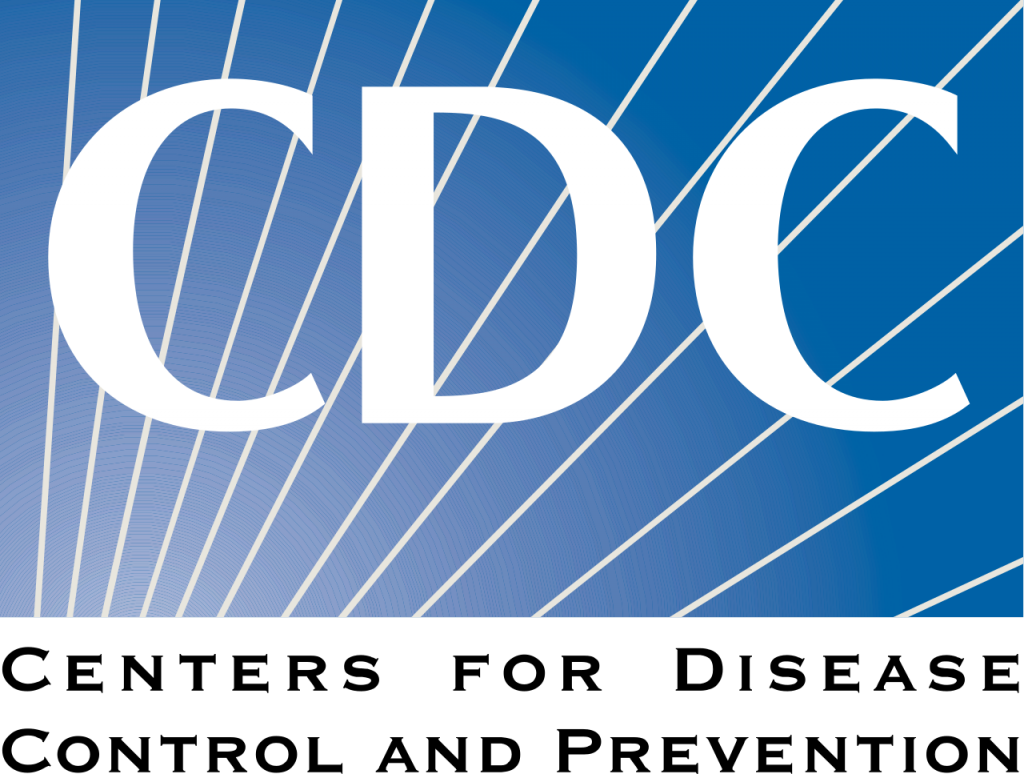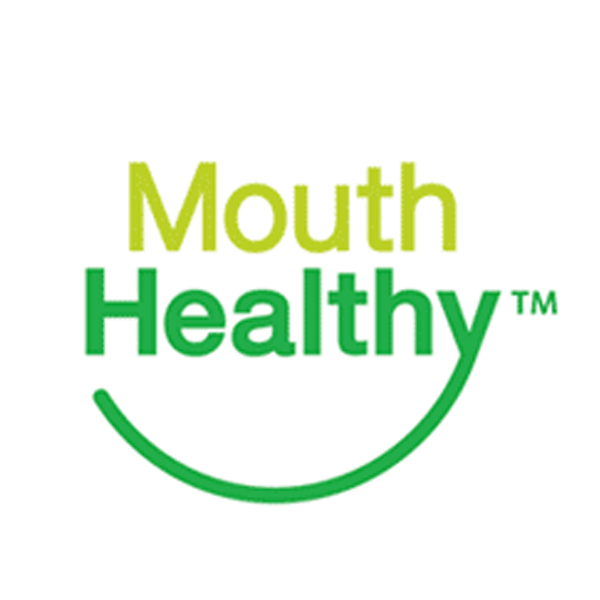Oral Health for Infants & Toddlers
According to the Centers for Disease Control and Prevention, cavities (also known as tooth decay) are the most common childhood disease in the United States. It is important to take care of your child’s teeth as soon as the first tooth appears, after all, you can stop cavities from forming.
Did you know that as a parent or caregiver you can pass cavities to children? For example, you can pass cavities to your child by sharing forks and spoons. Below are additional tips to help take care of your child’s mouth, teeth and gums.
First Tooth, First Birthday
The Centers for Disease Control and Prevention recommends your child first visit the dentist by age 1. This will help your child get used to visiting the dentist while allowing the dentist to check your child’s teeth to spot signs of early problems.
Sugary Drinks
Another way to stop your child from getting cavities is limiting sugary drinks, like fruit juice or soda. It is okay to have a soda every once in a while, but we want to limit them as much as possible. Cavities will form if your child drinks too many sugary drinks.
Bottle Rot
Try to put your child to sleep without a bottle. It may be difficult at first, but we believe you and your child can do it. By not putting your child to sleep with a bottle filled with a sugary drink, as a parent or caregiver, you are stopping cavities from forming in your child’s teeth.
Tips for taking care of your baby’s teeth
Be sure to wipe your baby’s gums after every meal. If you are brushing your child’s teeth, be sure to use a smear- or rice-size amount of toothpaste. Try not to share forks or spoons with your baby because you can spread cavities to your child. Don’t forget to take your baby to the dentist once every 6 months, starting at age 1.
Are you a parent or caregiver?
As a parent or caregiver, do you know how can you protect your child’s teeth from cavities? If your child does not have teeth yet, wipe their gums with a soft, clean cloth after they eat in the morning and at night. After teeth start coming in, use a soft-bristle toothbrush and a smear-size amount of toothpaste.
One of the easiest ways to protect your child’s teeth from cavities is through the use of fluoride varnish. Ask your dentist or primary care provider about fluoride varnish. Also, be sure to take your child to the dentist once every 6 months, or 2x a year.
Are you a pediatric provider?
If you are celebrating National Children’s Dental Health Month, check out materials from the CDC here. The American Academy of Pediatrics provides a complete provider social media toolkit for expecting mothers on how to protect their baby’s tiny teeth.
Are you interested in incorporating oral health into your practice? Brush, Book, Bed is a campaign created by the American Academy of Pediatrics. The campaign is meant to link the three important nighttime routines in one health message. If you are interested in learning more, please visit AAP.org.
Do you know what baby bottle tooth decay is?
Putting your baby to bed with a bottle might be doing more harm than you think. Watch the video above to learn more.
Medi-Cal Dental Benefits
Below are free or low-cost services covered by Medi-Cal for infants and toddlers:
- Baby’s first dental visit
- Baby’s first dental exam
- Dental exams (every 6 months; every 3 months from birth to age 3)
- X-rays
- Teeth cleaning (every 6 months)
- Fluoride varnish (every 6 months)
- Fillings
- Tooth removal
- Emergency services
- Outpatient services
- Sedation (if medically necessary)
Funded by the California Department of Public Health under contract #22-10191


